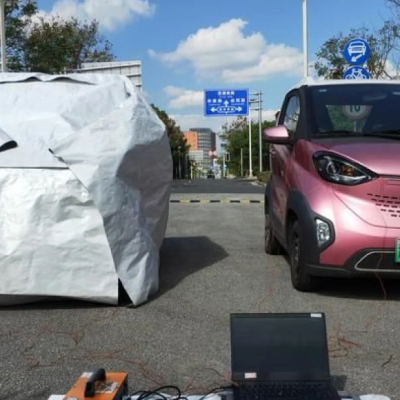The end of combustion engine cars is looming in many countries, and some manufacturers are pinning their hopes on E-Fuels, or synthetic fuels. A recent study by Transport and Environment (T&E), a coalition of 53 European non-governmental organizations focused on sustainable transportation, compared the environmental impacts of electric cars and those powered by E-Fuels. According to the study, E-Fuel cars emit only slightly less CO? than conventional gasoline or diesel cars. The study takes into account all emissions generated throughout the car’s lifecycle, including production and recycling. A car running on a mixture of E-Fuels and gasoline would only reduce its emissions by 5% compared to a car powered by conventional fuels. In contrast, an electric car would generate 78% less CO? emissions than a conventional combustion engine car.
The study also found that even if an E-Fuel car is powered entirely by synthetic fuels produced using renewable energy, it would still emit more CO? than an electric car with a battery. This is due to the high losses during E-Fuel production and the inefficiency of combustion engines. The analysis showed that a Volkswagen ID.3 with a battery has five times the range of a VW Golf with an E-Fuel engine, while a BMW i4 with a battery can travel six times further than a BMW 4-series with an E-Fuel combustion engine.
The T&E study highlights the significant environmental benefits of electric cars over those powered by E-Fuels. While E-Fuels may offer a transitional solution for some manufacturers, the study suggests that electric cars are the most effective way to reduce CO? emissions in the transportation sector. As the world moves towards a more sustainable future, it is clear that electric cars will play a crucial role in reducing our carbon footprint.










